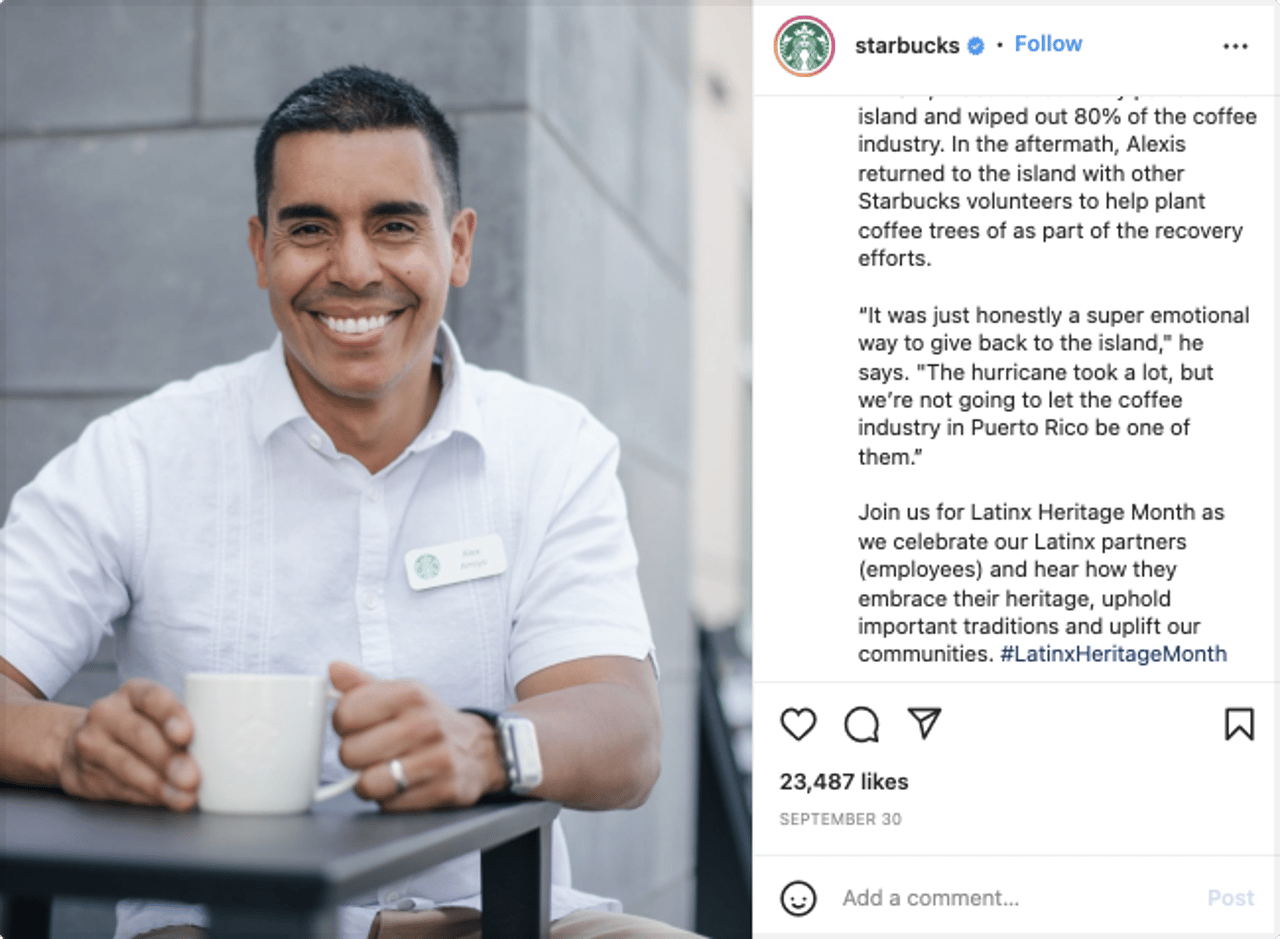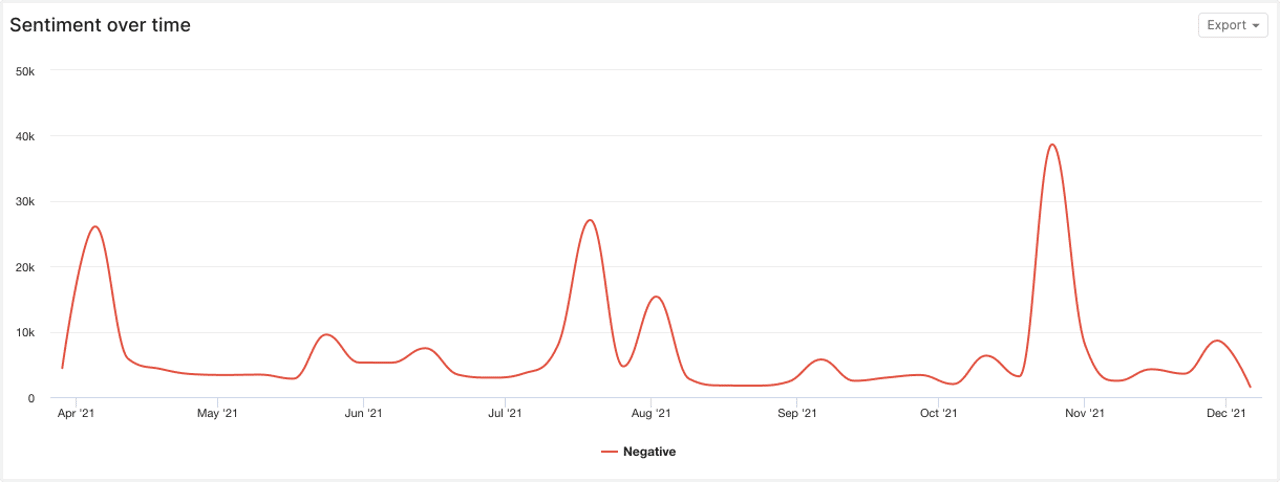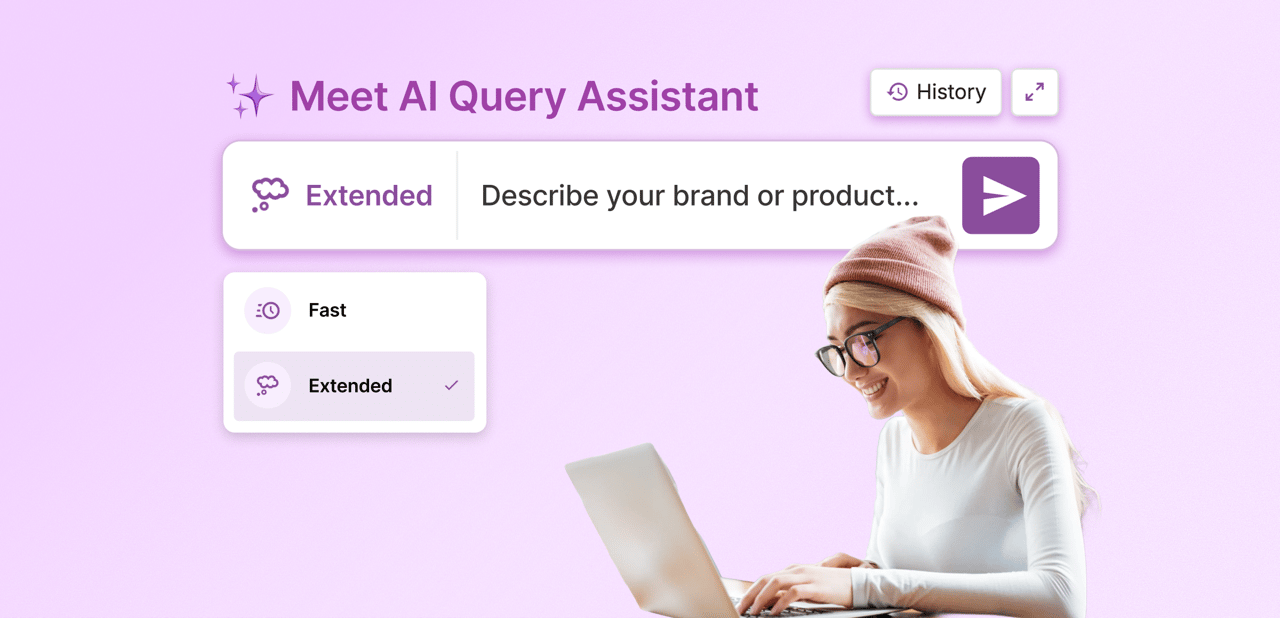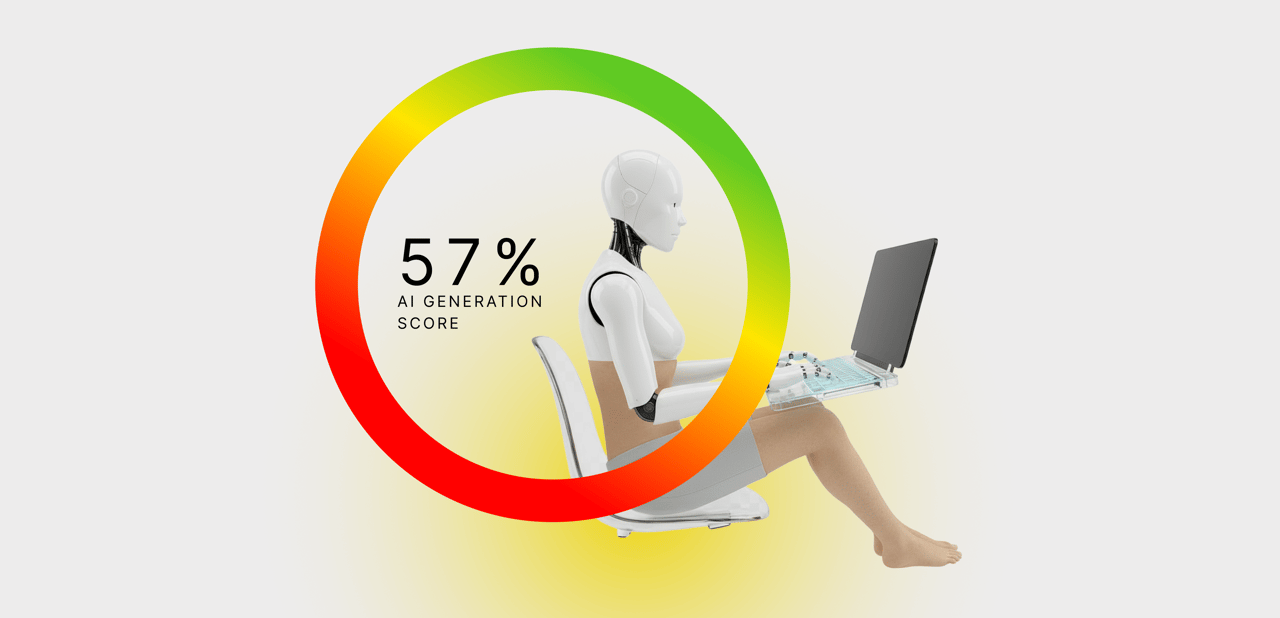The power of employer branding: how it can influence brand reputation

Businesses that invest in employer brand development achieve greater results than the ones that do not. Well-known companies with a strong HR brand fill vacancies quickly, even if their salaries are lower than competitors'. What is their secret, and how does social media reputation influence it?
Many companies worldwide are having difficulty hiring, which is affecting not only new brands but also well-known corporations. For example, McDonald's in the United States has such a severe staff shortage that franchisees in Florida had to pay candidates $50 simply to get them to come in for an interview. The official explanation, however, is an increase in unemployment compensation.
However, according to the company ranking on the job search site Indeed.com, former McDonald's employees rated work at the corporation only 3 out of 5 stars. This suggests that the employer's brand is not strong enough.


The McDonald's example demonstrates that you can spend lots of resources on product or service awareness, but you cannot do it without first developing a solid HR brand. The company's online reputation is crucial for better hiring.
According to CareerArc, if an employer has a one-star rating on review sites, only one in every five job seekers will submit a resume for that company. Having said that, 94 percent of employees believe that negative reviews harm the employer's brand. Unfortunately, it's almost impossible to prevent negative reviews from employees. So how can a brand deal with criticism and enhance its reputation?
Don't ignore the critics
Based on the statistics presented above, negative comments are harmful to the employer's brand and influence potential employees' desire to join the team. It's not just the ratings, either. Testimonials frequently include helpful comments that the company could address.




For example, former employees can openly share their experience on job boards like Indeed as the reviews are anonymous. When management receives feedback concerning a specific location and particular person, improving the processes and employee retention rate is much easier.
Nonetheless, feedback may be exaggerated or even false at times. This can occur when a person is fired and then feels mistreated. Alternatively, the candidate did not pass the interview. In such cases, an employer should respond with feedback and clear the situation to demonstrate to other potential employees that the brand cares about its team and the overall atmosphere.
Turn your employees into brand ambassadors
Influencers are everywhere these days, and the field of employer branding is no exception. According to the global communication agency Edelman, the average employee is trusted twice as much as the company's CEO in terms of the work environment.
Therefore, many companies rely on brand ambassadors. Adobe has dedicated a whole section of its website to Adobe Life. Employees share their personal stories and job experiences in written and video format.
.png)
.png)
Meanwhile, developing a separate website and lots of material to promote an employer's brand is not essential. Positive feedback on social media might be enough. Suppose you are working for a corporation with thousands or tens of thousands of employees. In that case, it is much easier to discover individuals who are already proud to work for the company and share their thoughts in posts. You can track such posts using such social media monitoring systems as YouScan.
Starbucks has thousands of branches all over the world, so the company launches special campaigns in different locations to engage its workers. For instance, the brand joins Heritage Months in the US, highlighting different nationalities or communities.




The brand also celebrates its employees' significant life events, such as completing a degree. The team emphasizes how proud they are of their colleague and how much they enjoy working together.


These posts generate more credibility and appear genuine compared to promotional content about a career in the company.
Such posts can be found not only through specific phrase combinations, such as "Work at Starbucks," but also by adding hashtags to the query.
Get out of a reputation crisis without loss
Large businesses rarely manage to avoid scandals connected with the work environment. And this is not a surprise, as it's impossible to maintain perfect conditions for thousands of employees. Even corporate giants like Facebook have suffered damage to their brand reputation. In 2018, a crisis erupted, revealing that the social network's moderators were suffering from mental health issues. The reason was the content that they had to watch or read.
Moreover, it turned out that these people often work for contractors, including American Cognizant, rather than directly for Facebook.
Cognizant invited the author of the investigation about Facebook moderators to the office and encouraged them to communicate with him to resolve the conflict. The moderators admitted some problems but pointed out that not everything was dramatic, and they knew what the work would be beforehand.
Facebook was fined $56 million as a result. This money will be given to moderators for their work with shocking content. However, these are not the only consequences for the company. Frances Haugen, a former employee of the corporation, recently revealed many scandalous details about Facebook, including a lack of moderators. It's possible that the hiring problems emerged after the scandal mentioned above.
This example demonstrates that it is sometimes impossible to avoid scandals. You can, however, always meet them with dignity and respond on time.
Another prominent reputation crisis case occurred in the spring of 2021 when two Amazon employees were illegally fired for their activism and the brand's criticism. Maren Costa and Emily Cunningham worked for Amazon for 15 years and were dissatisfied with their working conditions and the company's impact on climate change. However, the company claimed that the employees were dismissed for breaking internal policies.
Since then, a series of scandals have fallen on Amazon, causing a significant negative impact on the company's HR brand. The graph below shows the spikes of negative mentions regarding working conditions at the corporation.


But did the brand change anything? Unfortunately no. Furthermore, Amazon was later accused of hiding roughly 20,000 COVID-19 cases in warehouses from federal inspectors. Instead, just 27 cases of "respiratory problems" were recorded by the company.


Apart from social media, online magazines and news websites covered these cases, making them known by a wider audience. Even if the storm of criticism fades over time, the media reviews and publications will cast a lengthy shadow on the company's HR brand. It is far more difficult to resolve such a conflict than to avoid it.
As these examples demonstrate, social media has a significant impact on an employer's brand. Any internal conflict can resonate in a matter of hours and create a lasting negative imprint.
Request a free YouScan’s demo to stay on top of what social media says about your business, including your employer brand.



